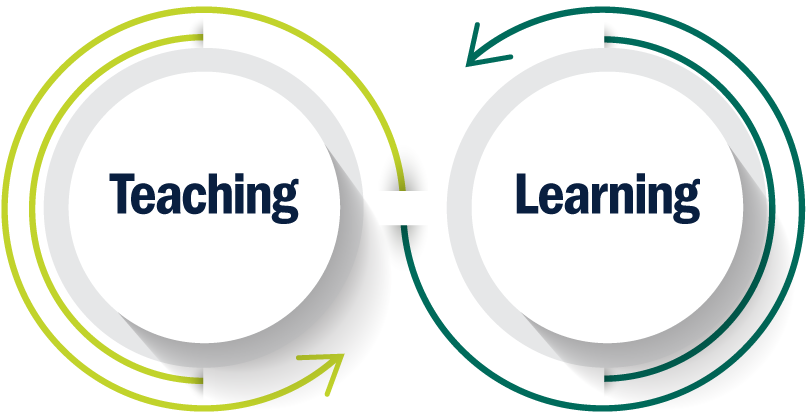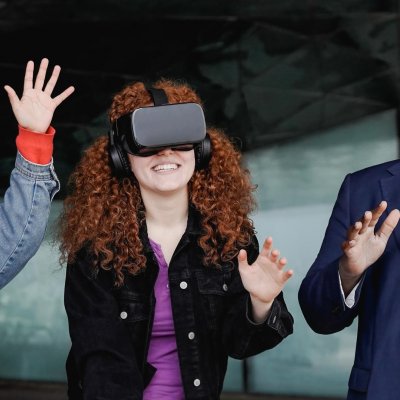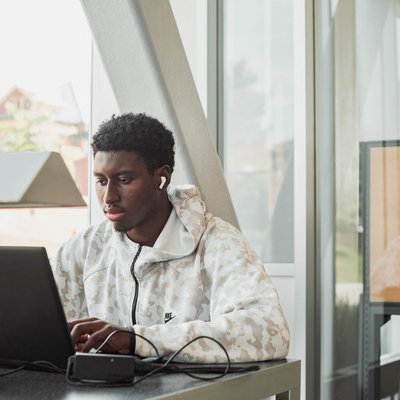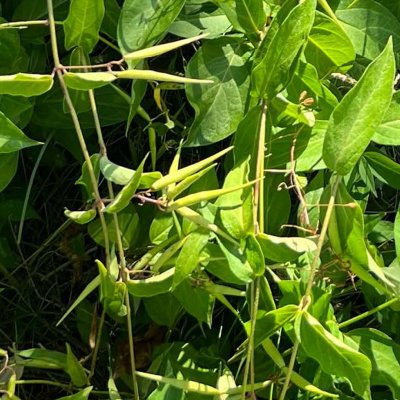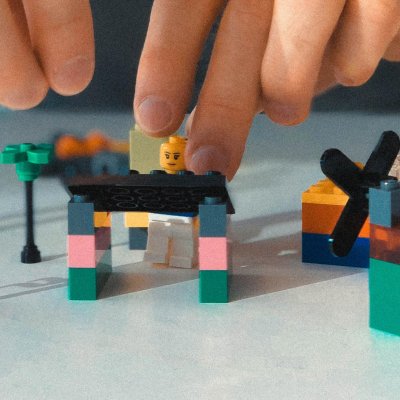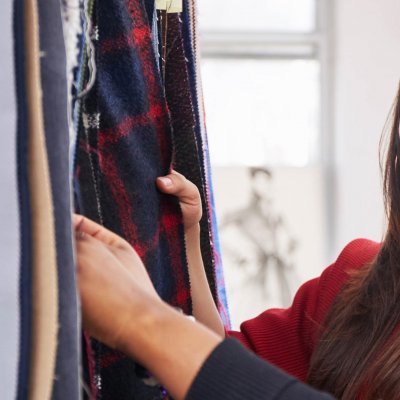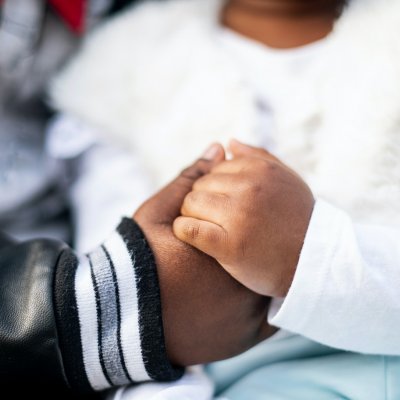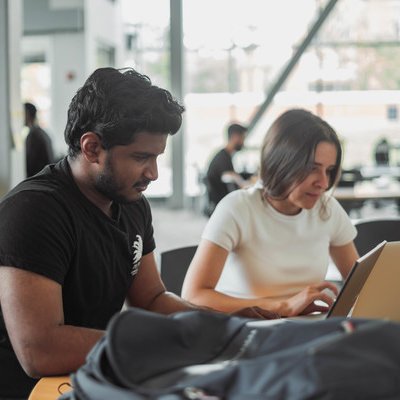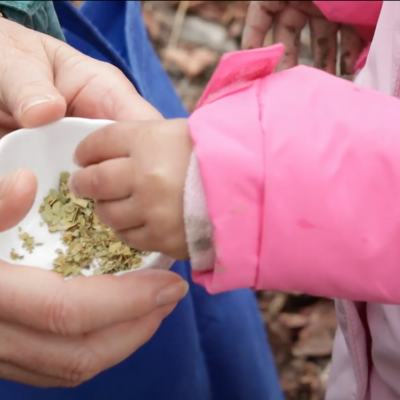Research & Innovation invites faculty to build news tools and research the impact of teaching practices in every aspect of their scholarly lives through the Scholarship of Teaching & Learning (SoTL).
Research & Innovation views research and teaching as two functions that build on each other. These two functions are equally important to enrich the development and growth of faculty members’ journey as researchers and educators. The Research and Innovation team thrives on encouraging reflective and critical thinking by understanding and communicating that regardless of how research or teaching is being conducted, what is truly valuable for both teachers and students alike, is the opportunity to build new knowledge, to experience a novel understanding of the world surrounding them, to gain or perfect their skills and abilities. In short, to learn, unlearn and relearn.
